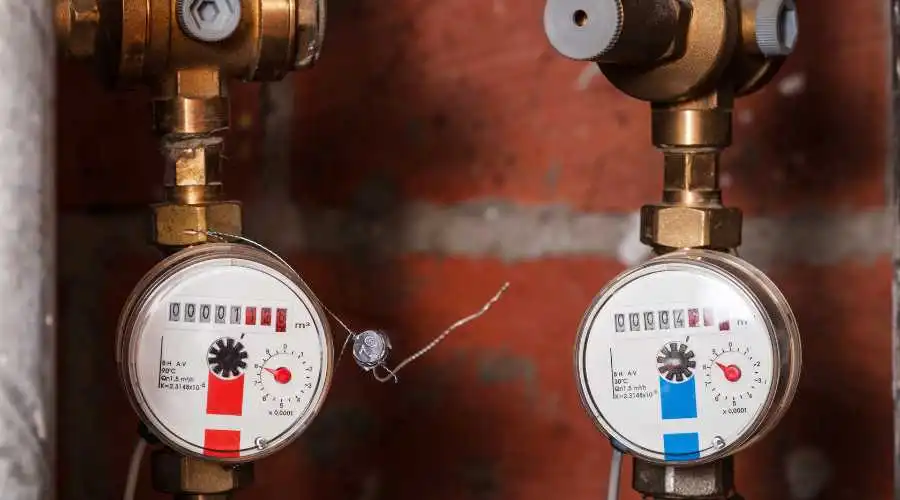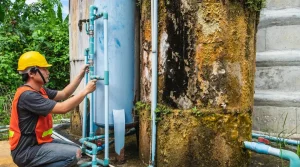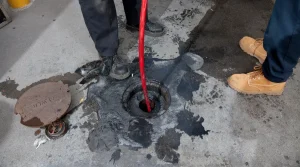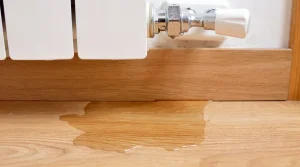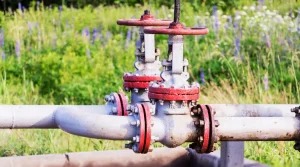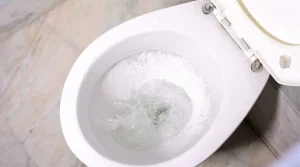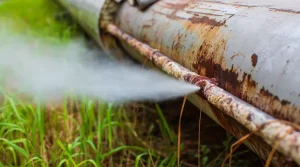Colder weather brings unique challenges for homeowners, from freezing pipes to boiler malfunctions. A little preparation now can prevent big problems later. Follow these tips to keep your home warm and worry-free.
Key Takeaway:
- Prepare your home for colder weather by following essential steps to ensure heating efficiency,
- prevent costly breakdowns, and maintain safety.
- Simple precautions like servicing your boiler, checking radiators, and safeguarding plumbing can save time and money.
1. Start Your Heating System Early
Even if it feels counterintuitive, turning on your heating system for a few minutes during warmer months can make a big difference. Running your boiler periodically keeps its components in good condition and allows you to identify potential issues before they escalate. Consider this a proactive way to avoid mid-winter surprises when repairs are less convenient.
Why It Matters:
- Prevention: Early detection of malfunctions ensures timely repairs.
- Efficiency: Regular use keeps parts from seizing or corroding.
Quick Tip: Set a reminder to run your heating system once a month for 5-10 minutes during spring and summer.
2. Inspect and Bleed Radiators
Radiators with trapped air or sludge can reduce heating efficiency and waste energy. Turn on your heating to check for even warmth distribution. If your radiators heat only at the bottom or stay cold in certain areas, bleeding them can resolve the issue.
Steps to Bleed a Radiator:
- Turn off your heating system.
- Use a radiator key to slowly open the valve at the top.
- Allow trapped air to escape until water begins to flow.
- Tighten the valve and check for improvements.
For persistent cold spots, consider a professional power flush to remove sludge buildup from your system.
3. Schedule Boiler Maintenance
Don’t wait for colder weather to service your boiler. Summer is the ideal time for maintenance because it’s often less expensive and more convenient. Regular servicing ensures your boiler operates efficiently and safely.
What to Expect During a Service:
- Inspection of components for wear and tear.
- Cleaning of internal parts.
- Identification and resolution of potential problems like sludge buildup.
Pro Tip: Annual servicing can extend your boiler’s lifespan and improve energy efficiency.
4. Protect Exterior Plumbing
Frozen pipes are a common issue during cold spells, especially for outdoor plumbing and boiler condensate pipes. Insulating these pipes can prevent freezing and subsequent damage.
How to Protect Pipes:
- Inspect for signs of wear or deterioration.
- Use pipe lagging (insulating material) available at home improvement stores.
- Repair or replace weak joints and fittings.
Frozen pipes can lead to flooding and boiler malfunctions, so proactive measures now will save you from headaches later.
5. Check Your Stop Tap
The stop tap controls your home’s water supply and is critical in emergencies. Ensure it is accessible and easy to turn. If your stop tap is difficult to operate or inconveniently located, consider installing a Sure Stop. This remote stop tap can be placed in a more practical location and operated with a simple switch.
Outdoor Taps:
For outdoor taps, install a separate stop tap or valve. This allows you to isolate the outdoor water supply during winter without affecting indoor plumbing.
Bonus Tip: Drain your outdoor tap lines before freezing weather to avoid bursts.
6. Test Your Carbon Monoxide Detector
Carbon monoxide (CO) poisoning is rare but potentially life-threatening. Heating appliances, especially boilers with blocked chimneys, can release CO gas. A functioning carbon monoxide detector can save lives by alerting you to dangerous leaks.
Checklist:
- Test the detector’s battery.
- Replace outdated detectors.
- Ensure proper ventilation around your boiler.
If you don’t already have a CO detector, install one immediately. It’s a small investment for significant peace of mind.
Frequently Asked Questions (FAQs)
1. Why should I turn on my heating during warmer months?
Running your heating periodically keeps your boiler’s components in working condition, prevents corrosion, and allows you to spot issues early.
2. How often should I service my boiler?
Boilers should be serviced annually by a qualified professional to ensure efficiency, safety, and a longer lifespan.
3. What is the purpose of bleeding radiators?
Bleeding radiators removes trapped air, allowing them to heat evenly and operate more efficiently.
4. How do I know if my pipes need lagging?
Inspect pipes for signs of wear, cracks, or exposure to outdoor elements. Lagging provides insulation and prevents freezing during cold weather.
5. What’s a Sure Stop, and why might I need one?
A Sure Stop is a remote stop tap that’s easier to access and operate than traditional taps. It’s especially useful in emergencies when you need to shut off your water supply quickly.
6. Is a carbon monoxide detector necessary if I service my boiler regularly?
Yes, even with regular servicing, a CO detector provides an added layer of safety by alerting you to unexpected leaks.
Conclusion:
Taking a few simple precautions before colder weather sets in can save you from costly repairs and ensure your home remains comfortable and safe. From servicing your boiler to insulating pipes, a little effort now will pay off during the winter months. Stay proactive and enjoy peace of mind knowing your home is ready for whatever the season brings.
Facing a plumbing issue? Don’t wait! Contact BJC Plumbers North Bergen today for prompt and reliable service. Call us now or schedule online

